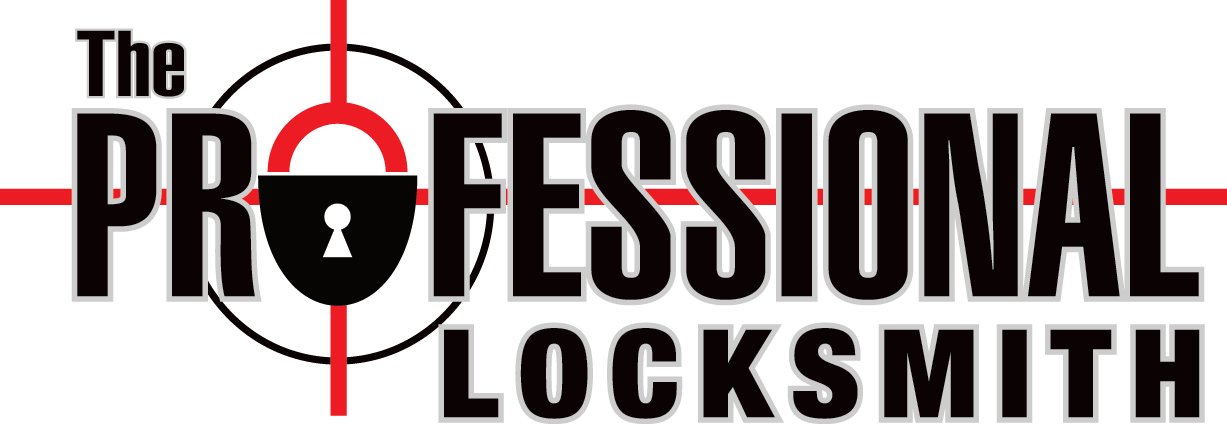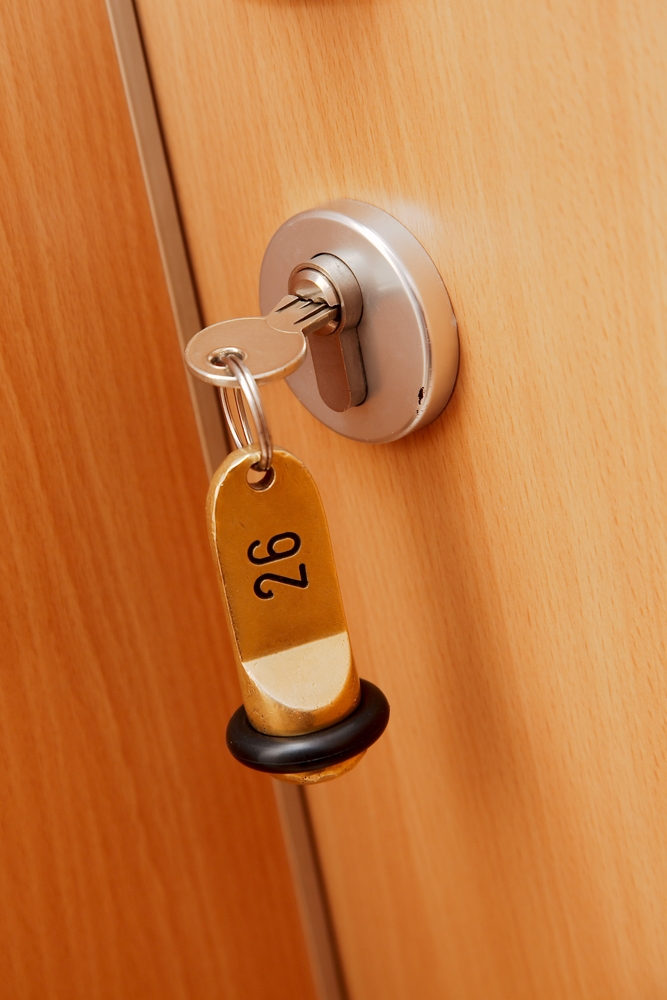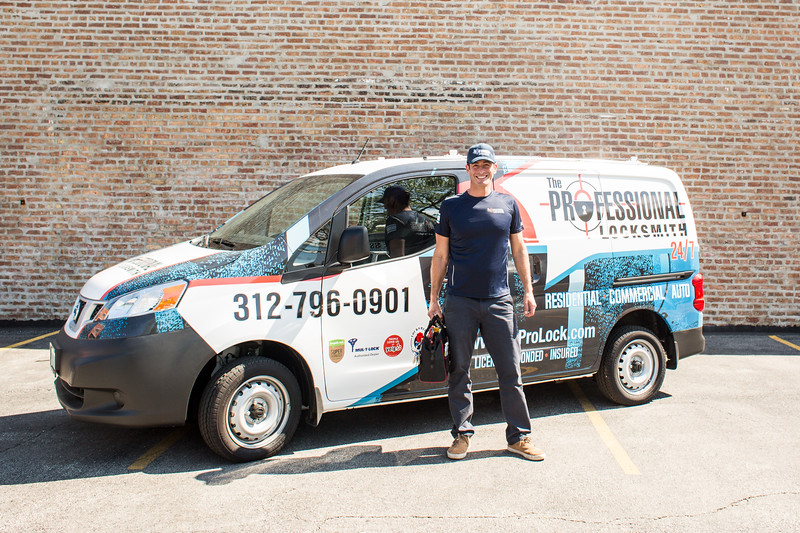Apartment security is a very important topic in Chicago. With so many renters and owners living in apartment buildings, it's important to make sure you have the right security in your building. Here are five tips to help ensure your apartment remains secure.
Lock Doors and Windows
The first thing you want to make sure you always do is lock your door and windows. You don't want to make it easy for someone to break in. Most burglaries are the result of an unlocked window or door.
Even if all you're doing is leaving to get your mail or go enjoy the amenities, make sure you lock all doors and windows. It's also important to put a security bar in any sliding patio doors.
Upgrade your Locks
If your apartment building allows it, you can hire a professional locksmith to upgrade your locks. Instead of the typical knob lock and deadbolt, You can upgrade to a mortise lock or a double-cylinder deadbolt for more peace of mind.
Make sure you hire a professional locksmith to handle this job as you want it done right. It's also necessary to clear it with the landlord or manager first to ensure they know you plan to upgrade your lock.
Add Timer Lights or Motion Sensor Lights
If you have an outdoor light, you can add a motion sensor light to it and make your outdoor area more secure. If a motion sensor light isn't possible, you can still set up an outdoor light on a timer to ensure it comes on and goes off at the right time.
Turning your outdoor light on at night can be a good way to deter burglars from breaking in. If you're going out of town, it can be a good idea to leave a few lights on timers to make it appear like you're still at home.
Install a Security System
Another upgrade you will need to get permission from the landlord for, but a great way to secure your apartment is a camera security system. If your landlord will allow it, you can have a security system installed to keep you safe. Many of today's systems are wireless, which make them easier to install in apartments without having to drill holes in walls.
Use a Safety Deposit Box
If you have valuable items and documents, don't store them in your apartment. Instead, store these items in a safety deposit box to ensure they remain safe. Even if you get robbed, you want to make sure things, such as your Social Security card or a precious heirloom from your grandmother remain safe.
There are several ways to make sure your apartment security keeps you safe. The building should have already taken some precautions, such as installing the proper lighting and maybe even providing a gated or secure entrance. Don't believe that a secure entrance or a doorman will keep criminals out, however. Take your own precautions to ensure your apartment remains safe.









